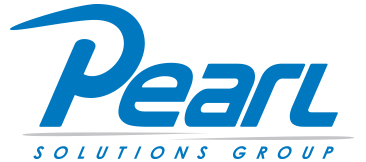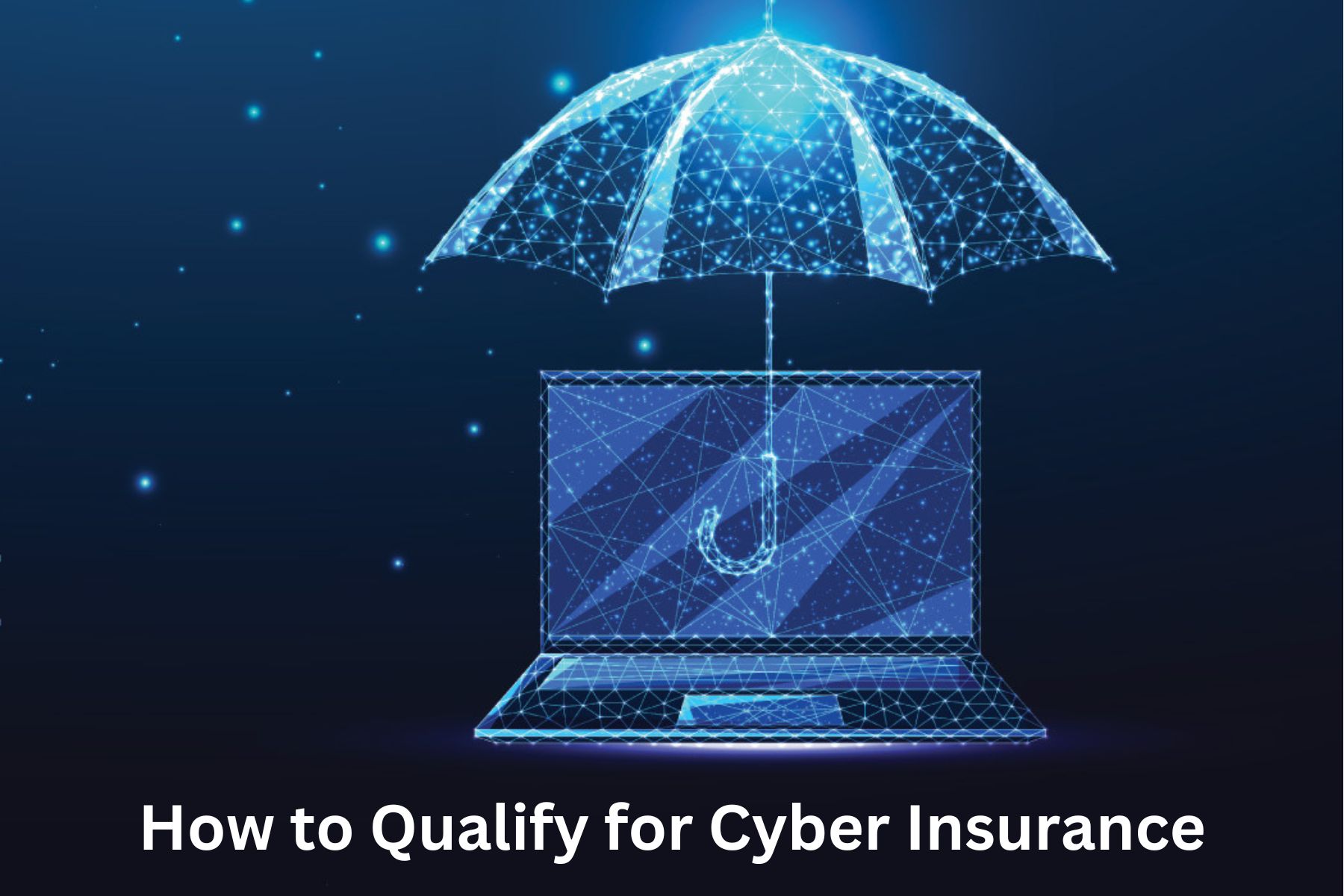Cyber insurance is a safety net that can save you from financial ruin in the aftermath of a cyberattack. But here’s the catch: insurance providers aren’t handing out policies without expecting you to meet certain cybersecurity requirements first. Here are the main areas you’ll need to address to qualify for cyber insurance.
Security Baseline Requirements: Insurers will check that you have basic security measures like firewalls, antivirus software, and multifactor authentication (MFA) in place. These are foundational tools to reduce the likelihood of an attack and show that your business is actively working to protect its data. Without them, insurers may refuse coverage or deny claims.
Employee Cybersecurity Training: Your employees are your first line of defense—and sometimes, your biggest vulnerability. Insurers know this and often require proof of cybersecurity training. Teaching employees how to recognize phishing e-mails, create strong passwords, and follow best practices goes a long way toward minimizing risk.
Incident Response And Data Recovery Plan: What happens if the worst-case scenario strikes? Insurers need to know that you’re not just crossing your fingers and hoping for the best. A well-documented incident response and data recovery plan is non-negotiable. Your plan should outline who does what during a breach (e.g., IT team, management, third-party partners), how quickly you’ll notify stakeholders, including clients and insurance providers, and steps to recover and secure compromised data. The goal is to show insurers that you have a roadmap for bouncing back quickly, minimizing downtime, and protecting sensitive information.
Routine Security Audits: Think of security audits as regular health check-ups for your IT systems. Cyber insurers want to see that you’re not just setting up security measures once and forgetting about them. Routine audits help identify and fix vulnerabilities before bad actors exploit them. Make sure your business conducts vulnerability assessments to spot weak points, reviews security policies and procedures regularly, and tests backup systems to ensure they’re working. These proactive measures prove to insurers that your business stays vigilant about cybersecurity.
Identify Access Management (IAM) Tools: Who has access to what in your business? If the answer is “everyone,” you’ve got a problem. Cyber insurance providers expect you to have Identity Access Management (IAM) tools in place to ensure that only authorized personnel can access sensitive systems and data. Some best practices include Setting up multi-factor authentication (MFA) for all accounts, implementing role-based access controls to limit who can view or edit critical information, and regularly reviewing access permissions to revoke unused accounts.
Documented Cybersecurity Policies: Insurers will want to see that you have formalized policies around data protection, password management, and access control. These policies set clear guidelines for employees and create a culture of security within your business. Having these policies in writing shows insurers that your business takes a consistent and organized approach to cybersecurity.
Beyond helping you qualify for cyber insurance, meeting these requirements protects your business from costly attacks. A single breach could cost you thousands—or even millions—in damages, downtime, and lost trust. If all this sounds overwhelming, don’t worry. That’s where we come in. As your Managed IT and Cybersecurity Services Provider, we can help you implement security measures, train your team, develop incident response plans, and more. Let us help you meet the requirements for cyber insurance—and keep your business protected. Reach out today to get started!




